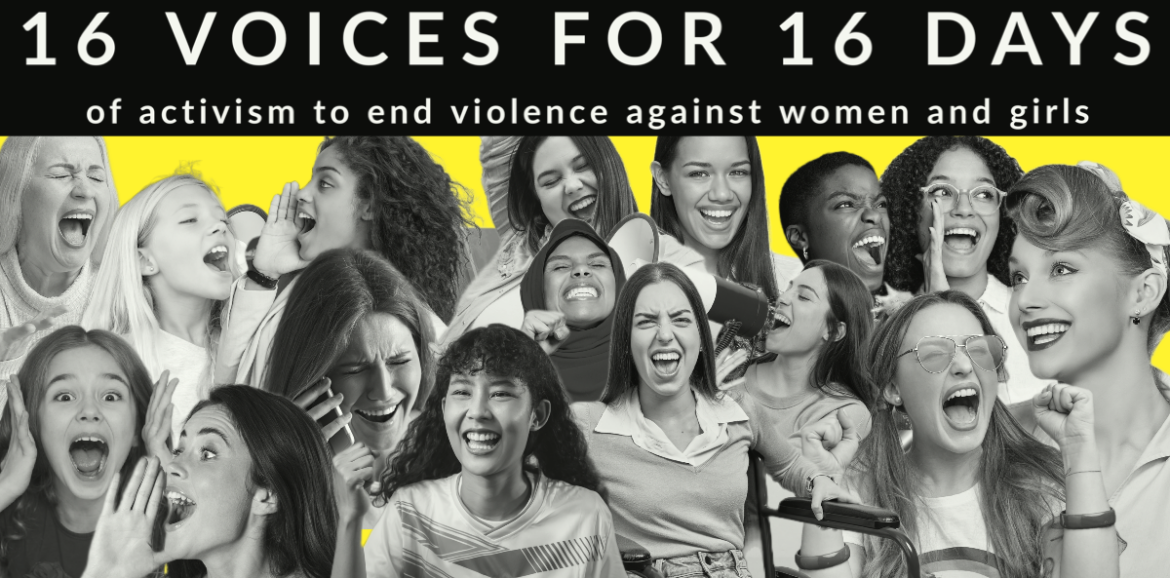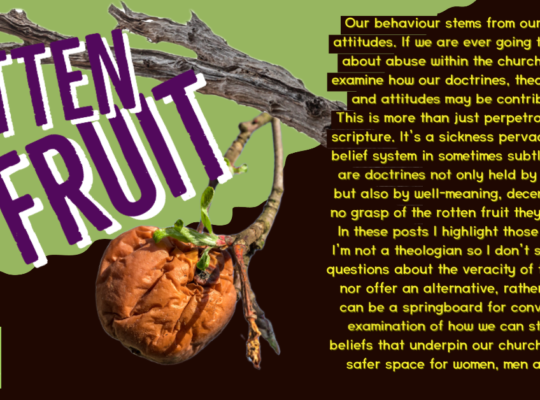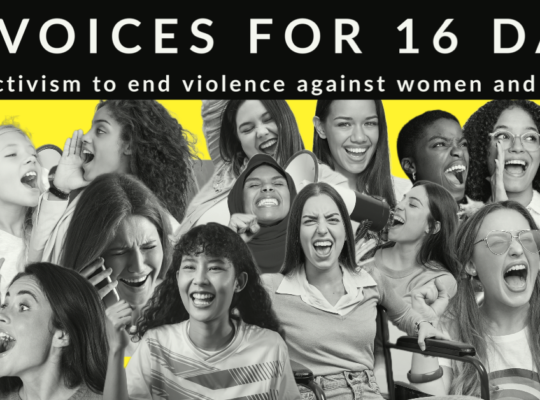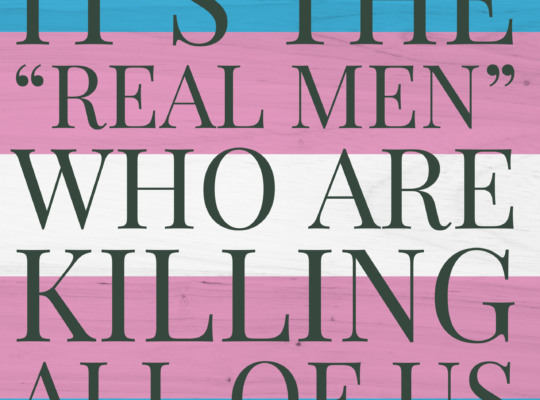Tuesday 28th November, 2023
Anonymous told me:
“There is an area of domestic abuse that doesn’t get nearly enough attention – sibling abuse, either sexual abuse, violence or verbal abuse. Every day of my life until my brother left home when I was 14, I was verbally abused by my brother. Until I was 12, I was beaten up regularly, punched, slapped, kicked, held down whilst he farted in my face.“
It has blighted my life. The fear, insecurity and lack of confidence live with me still
– Anonymous, 58
“For me the worst part of it is that I could never understand why it went unpunished. Why our parents did nothing. Why wasn’t I worthy of their protection? How could they, and it was mainly our mother as the father was mostly absent, turn a blind eye.
I think it is fair to say they ruined both our lives. I was married briefly, but realised that my husband increasingly spoke to me like dirt, so I left. In the 30 years since then, although I like the idea of being in a relationship, I find I’m unable to be close to anyone.
At 60, my brother is still a weak, selfish, entitled bully. He was difficult to employ because of his temper. His wife must lead a miserable life. He cannot cope with anyone who stands up to him.
I’ve done ok. I have good friends, I’m close to my cousins. Own my house and support myself. Close attachment to anyone eludes me, because the environment I was brought up in taught me that the only person who would ever be there for me was me. That may not be true, there may have been men who would have been supportive and loving. I was just not able to trust. “
Studies across the UK and the US show that sibling violence is the most common form of maltreatment children face but it is often overlooked and dismissed by both caregivers and professionals as sibling rivalry. Sibling abuse is different from sibling rivalry in both intention and outcome. Sibling rivalry is usually reciprocal, it is motivated by a desire for family resources such as parental attention, it takes place between equals. Sibling abuse, like other forms of abuse, is not motivated by jealousy but by a desire to inflict harm and exert control, in cases of sibling abuse there will usually be a power imbalance, often an older sibling victimising the younger, and rather than being reciprocal one child is consistently the perpetrator and the other the victim.
Girls are at higher risk of being victims of sibling abuse, and more often from older brothers, but this is not always the case, sisters can also be abusive and brothers can also be victims, being disabled or LGBTQ also puts children at a higher risk. Whilst there is not the same gender bias in sibling abuse as there is in domestic abuse, a correlation has been found between boys who abuse their siblings and men who perpetrate domestic abuse. When boys are allowed to abuse their siblings unchallenged they are more likely to continue aggressive behaviour throughout their lives.
A study from UCLAN found sibling abuse to be much more normalised than other forms of abuse and found that victims of sibling abuse are even more likely to experience victim blaming. Research has also shown that when parents fail to challenge sibling abuse it leaves the child feeling that they are not worth defending, the effects of this are similar to that of secondary abuse and can have lifelong effects causing shame, depression, boundaries, low self-esteem, PTSD, loneliness, hopelessness, and drug abuse throughout adulthood.
Sources: https://www.psychologytoday.com/gb/blog/toxic-relationships/202002/sibling-bullying-and-abuse-the-hidden-epidemic
https://www.researchgate.net/publication/263054734_The_Normalization_of_Sibling_Violence
https://gbvlearningnetwork.ca/our-work/issuebased_newsletters/issue-21/index.html







